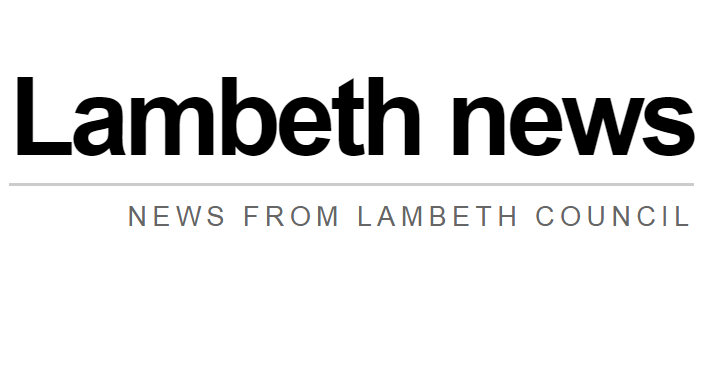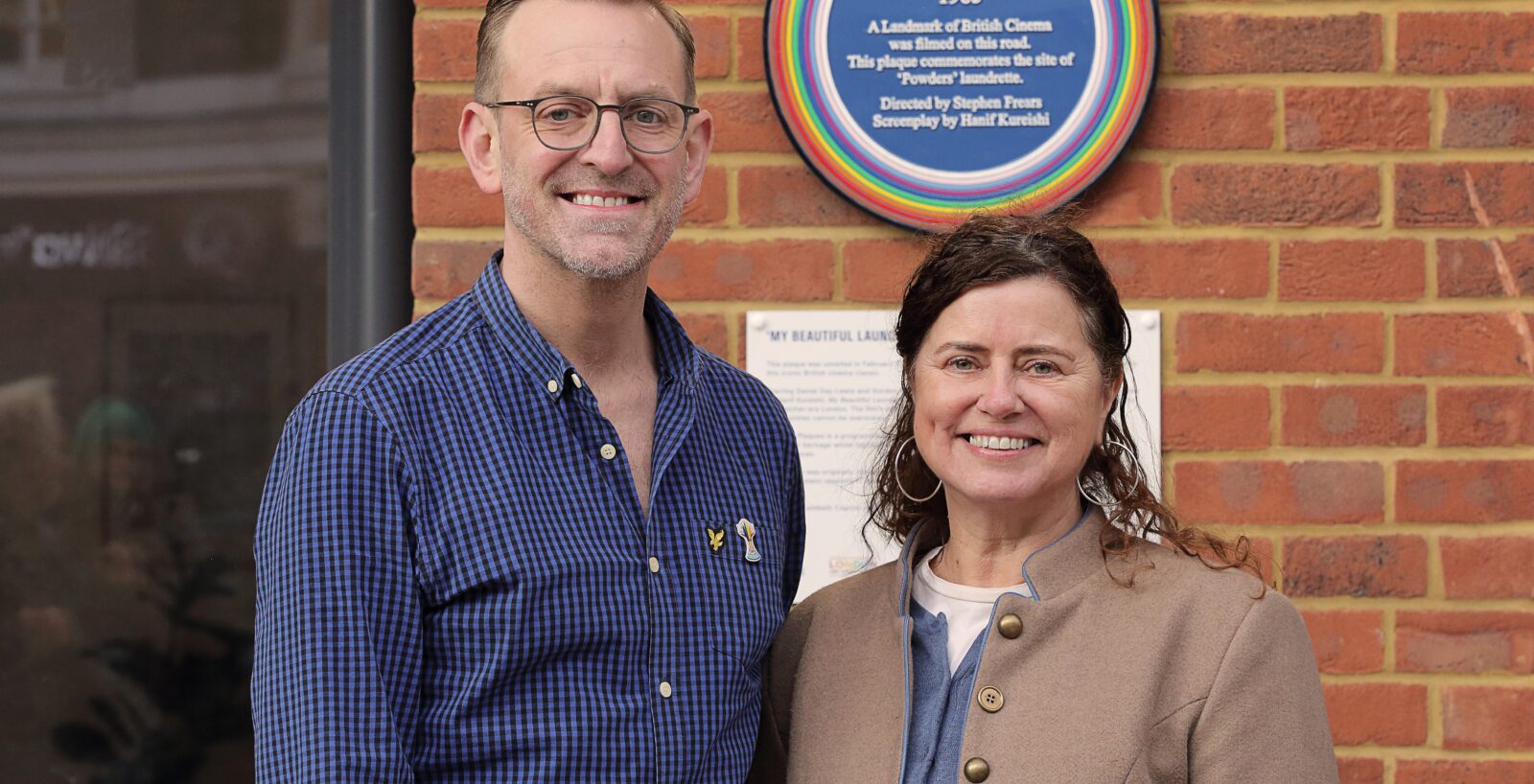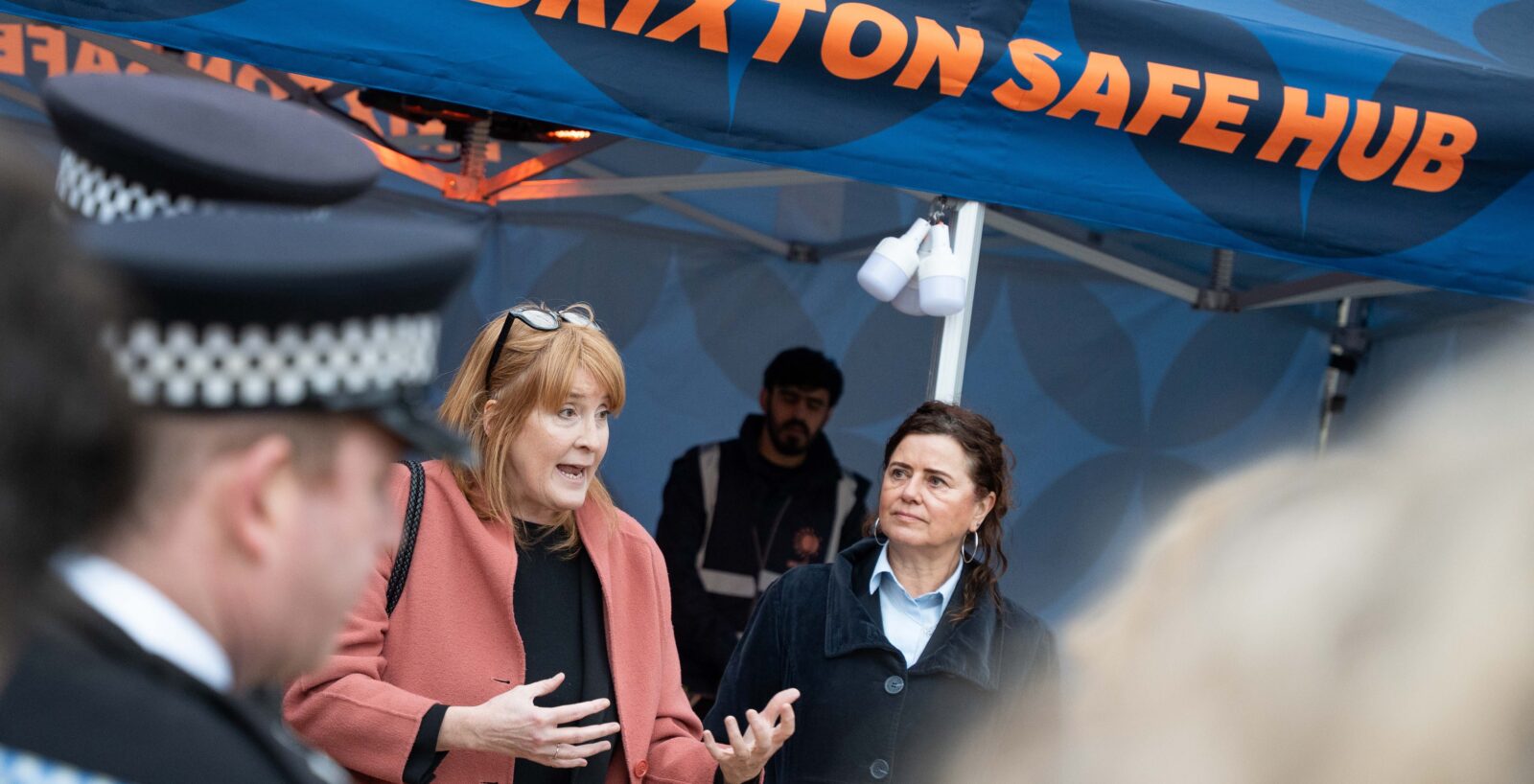
Public Health England (PHE) have said to date, there have been at least 46 poisonings resulting in 16 deaths, but investigations are still ongoing. The areas affected include South London, the South East, South West and East of England.
They have said that there are early signs that the overdoses may be caused by heroin mixed with a potent and dangerous synthetic opioid, but further work is needed to confirm any links between the cases.
PHE has issued an alert to all local public health and drug services, making them aware of the problem and asking them to reach out to drug users outside of the drug treatment system, as well as those accessing addiction services.
In response the council is working with health partners and other agencies on alerting drug users to the increased risks, there have been increased patrols by police officers and council wardens at known drug use hotspots as well as intelligence led policing to tackle supply.
This has been backed up by increase outreach sessions at key locations, information sharing and extra distribution of naloxone, which can temporarily reverse the effects of overdose.
Anyone in Lambeth who is unsure of the substances that they are using, be that from a new supply or supplier, it looking different, or rumours about its quality, should phone 020 3228 1500 for advice. This is a drug and alcohol services run by the South London and Maudsley NHS Foundation Trust.
Drug service staff have been asked to ensure that all drug users, and anyone who might be with them if an overdose occurs, understand how to spot the signs of an overdose and always carry naloxone – and know how to use it.
Drug users are being advised never to use alone and to test a small amount of any drug they intend to use first. Information on reducing harm has been provided to all agencies for promotion to users.
In addition to access to naloxone, easy access to effective drug treatment, including opioid substitution treatment, is critical as there are fewer heroin overdose deaths reported among people attending drug services.
PHE is working with the National Police Chiefs’ Council (NPCC) and National Crime Agency to investigate the incidents and prevent further deaths.
NPCC Drugs Co-ordinator Lead Mark Lay said: “There have been a concerning number of drug overdoses reported in recent days in specific parts of the country, and sadly, some of these cases have resulted in deaths. At this time, there’s nothing to suggest that there is a direct link between any of the areas affected.
“Drug dealers target and exploit some of the most vulnerable people in society. Forces are working at pace with local partners to ensure that such communities are being informed of the risks, and the dangers of drug and substance abuse.
“As always, I would urge anyone who is offered drugs to contact their local force with any information which might help the police to find those responsible and get dangerous drugs off the streets.”



